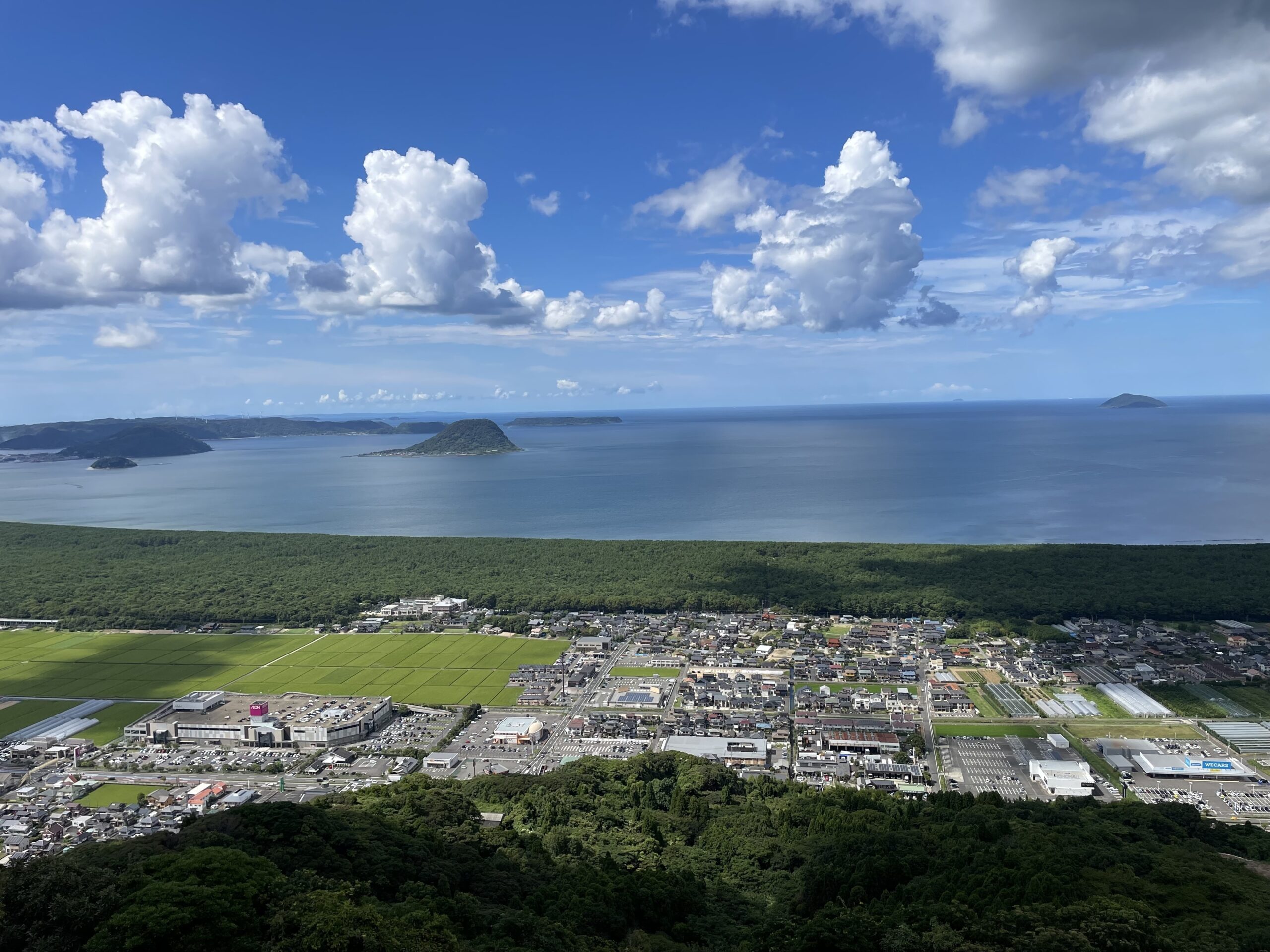Kyushu: The Heart of Authentic Japan
Have you ever heard of Kyushu? For many travelers from overseas, it may not be as well-known as Tokyo or Osaka. I understand that most visitors choose to stay in those major cities and enjoy the modern face of Japan.
However, places like Tokyo and Osaka have really only developed in the past hundred years. Historically, they are not as deeply rooted as some might expect. In fact, many of the people living in Tokyo today are originally from other regions of Japan, rather than born and raised there.
In recent decades, Japan has become a highly modernized country, joining the ranks of advanced economies in terms of GDP and development. Economically, the nation has prospered. Yet at the same time, in many urban areas, the distance between people has grown wider.
Some visitors may have felt this contrast when traveling in Japan: cities are bright, convenient, and efficient, but the people may seem a little distant, even cold. The difference between how Japanese people appear before you talk to them, and how they feel once you’ve actually spoken, can be surprising.
Japan has certainly become wealthy, but especially in its major cities, there are also many social challenges. As you may know, after World War II Japan was defeated and placed under American influence. It was not a direct political control, but rather a kind of invisible, spiritual governance—a cultural framework so deeply embedded in society that most people are hardly aware of it.
How Kyushu Is Different from Tokyo and Osaka
Kyushu, located in the southwest of Japan, has long served as the gateway to the Asian continent. Trade and cultural exchange with China and Korea first entered through Kyushu before spreading across the rest of Japan. Because of this, the region carries a much deeper layer of history compared to cities like Tokyo or Osaka, which only developed rapidly in the past century.
Unlike the big cities, Kyushu has not been completely overtaken by modernization. Here, nature remains rich and close to daily life. Mountains, seas, hot springs, volcanoes, and farmland are all part of the local landscape, blending seamlessly with how people live.
The character of the people is also different. In Tokyo or Osaka, life often moves quickly, with efficiency at the center. In Kyushu, relationships and community ties still play an important role. People value helping each other, and travelers often notice the warmth and friendliness that feels a little closer and more personal.
In short, Kyushu offers something you cannot fully experience in the modernized cities: ancient history, abundant nature, and genuine human connection. For me, it is a place that reveals a deeper side of Japan and is truly worth exploring.
Why You Should Visit Kyushu
If you want to discover a side of Japan that goes beyond the bright lights of Tokyo or Osaka, Kyushu is the place to visit. This island is not only rich in history but also alive with natural beauty and authentic local culture.
Kyushu is home to world-class hot springs, from the famous Beppu and Unzen to countless hidden baths in small towns. The region’s volcanoes, mountains, and coastlines create breathtaking scenery that feels far removed from the crowded streets of the big cities. You can hike through dramatic landscapes, soak in open-air baths, or simply enjoy the quiet charm of the countryside.
Food is another reason to come. Kyushu is known for its fresh seafood, local vegetables, and unique dishes such as Hakata ramen and Saga beef. Many of these flavors are deeply connected to the land and sea that surround the region.
But what makes Kyushu truly special is the warmth of its people. Travelers often say that locals here are more open and approachable. Conversations start easily, and the sense of hospitality feels genuine. It’s a chance to experience the human connection that is sometimes missing in larger Japanese cities.
Visiting Kyushu means experiencing ancient history, natural beauty, delicious food, and the kindness of local people—all in one journey. For me, it’s the part of Japan that feels closest to its heart.

